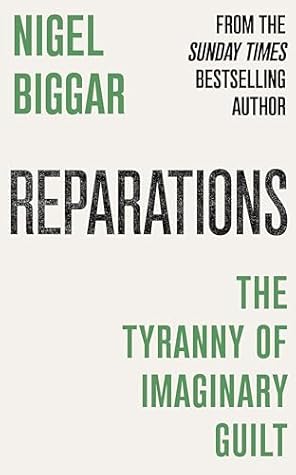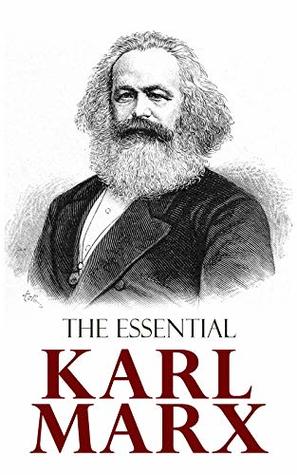
“
Convincing - and confident - disciplines, say, physics, tend to use little statistical backup, while political science and economics, which have never produced anything of note, are full of elaborate statistics and statistical “evidence” (and you know that once you remove the smoke, the evidence is not evidence).
”
― Antifragile: Things That Gain from Disorder
― Antifragile: Things That Gain from Disorder

“
If a consumer buys something, theoretically it should rid him of one of his needs —and the aggregate of things they need should be decreased by one item. In reality, though, the aggregate of “I want to have” expands together with the growing aggregate of “I have.
”
― Economics of Good and Evil: The Quest for Economic Meaning from Gilgamesh to Wall Street
― Economics of Good and Evil: The Quest for Economic Meaning from Gilgamesh to Wall Street

















